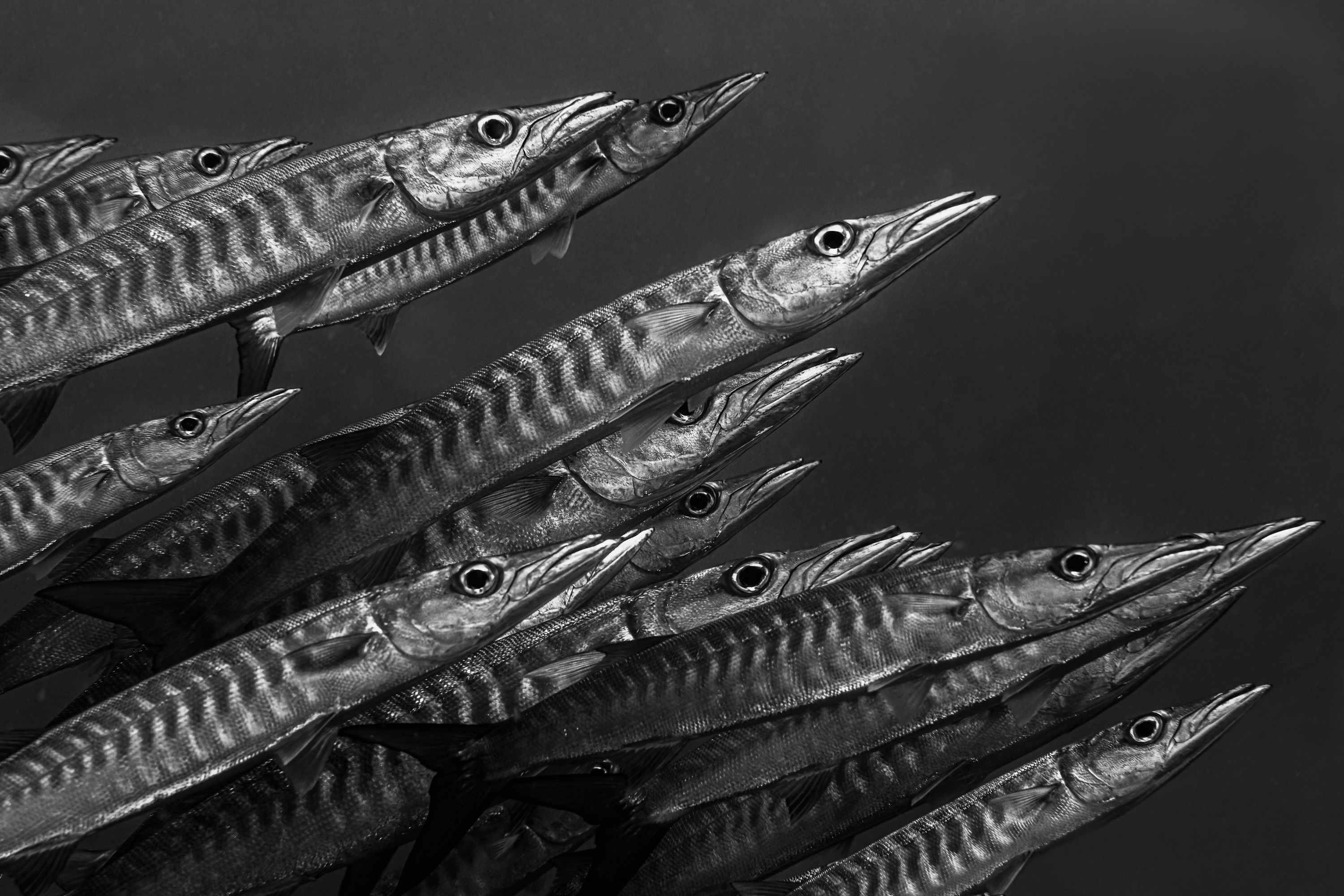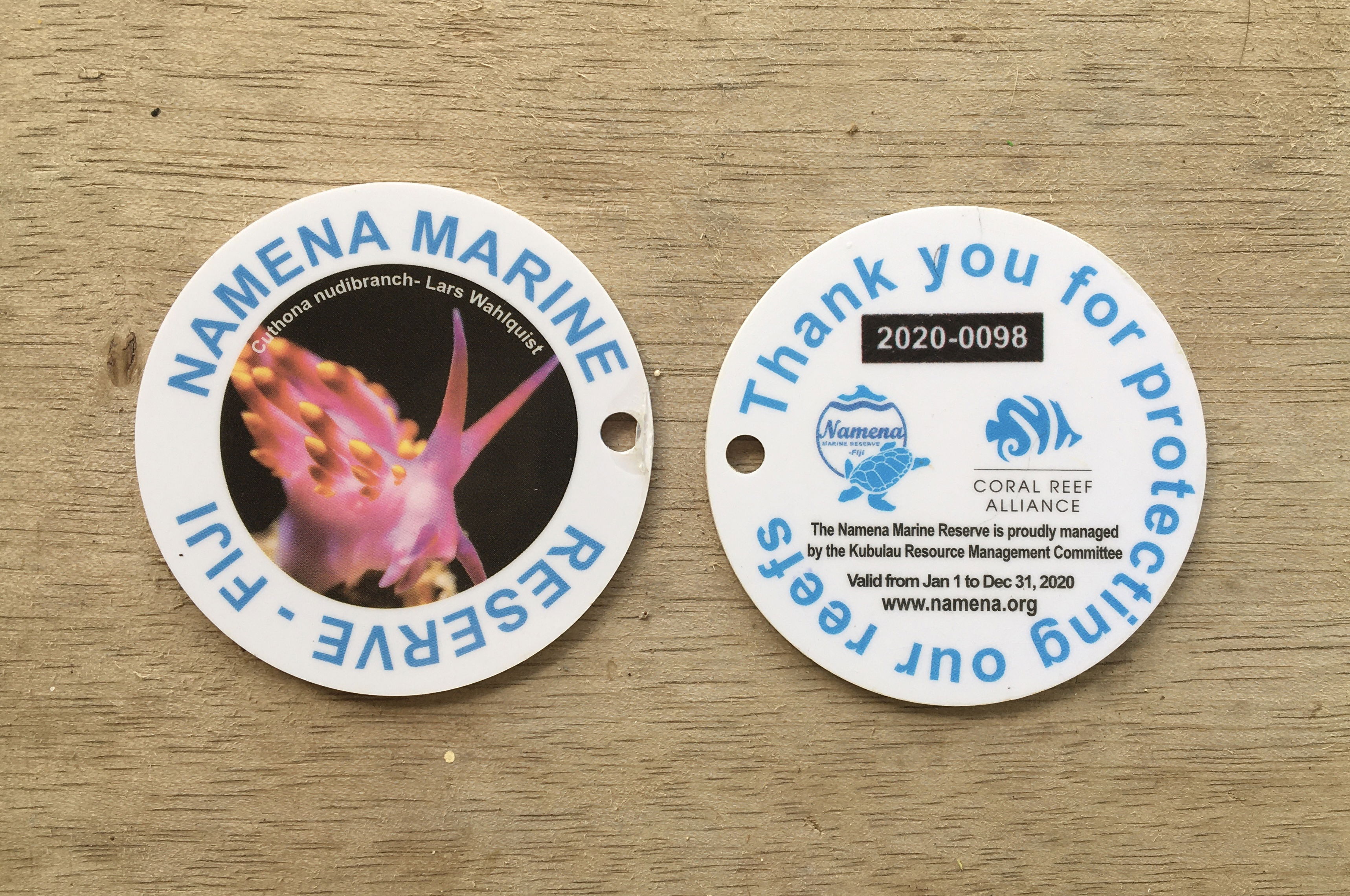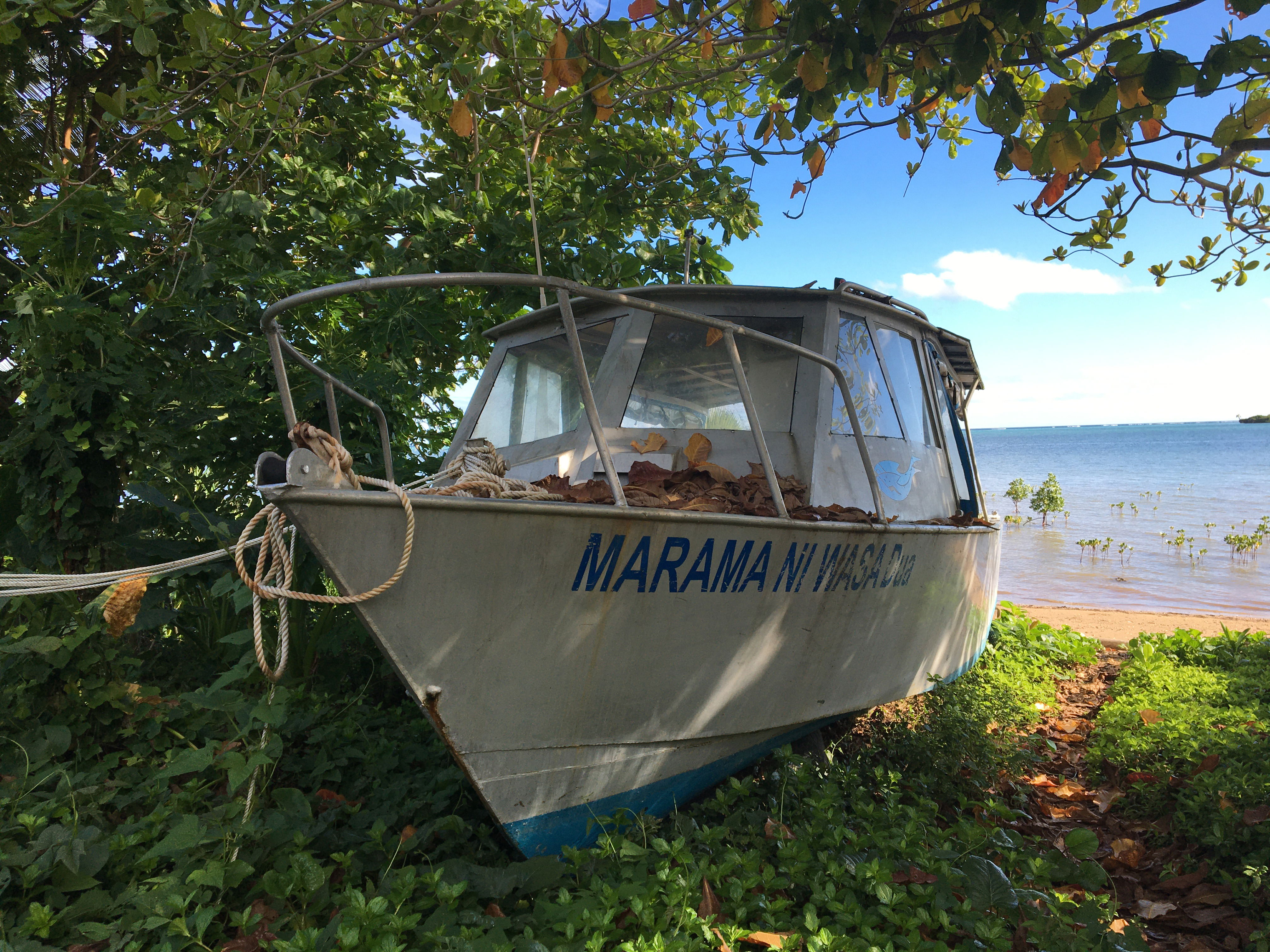IN THE WAKE OF A PANDEMIC
The British Society of Underwater Photographers Magazine: Winter Edition 2020
by Jay and Dan Shipp
"Protect the ocean, and you protect yourself" - Jean-Michel Cousteau
It was early on a December morning in 2019 but the Fijian sun was already high. A light breeze, blue skies and a calm sea staged the perfect day for a diving excursion with the Jean-Michel Cousteau dive team. We boarded the Raluva Ni Wasa (Princess of the Ocean) and set off excitedly towards our destination - our aim, to shoot photos and video for the Jean-Michel Cousteau dive shop. Our journey’s end is Namenalala, a small idyllic island in the tropical South Pacific, a few km’s south of Vanua Levu. It is a tiny volcanic island, but one which packs a punch. A white sandy beach skirts a lush green jungle interior. Red-footed Boobies circle above, while frigate birds soar higher still, exploiting the tropical thermals.
Namenalala sits within the Namena Barrier Reef, a horseshoe-shaped system which extends out to the Koro Sea. Both the island and the Namena Barrier Reef which surrounds it, stand as a symbol to positive human intervention and community awareness. In 1997, Namena became the largest no-take marine reserve in Fiji. A decision established by the chiefs from ten villages in the district. The initiative was a success - rejuvenating world-class dive sites in an area which was once under serious threat.

Neu, our Fijian dive guide, handed us a couple of shiny dive tags we purchased – a requirement when diving within the reserve. Thirty Fijian dollars from each diver would go, we were told, towards patrolling the no-take zones, providing buoys for dive boats and the education of local children. We were more than happy to pay. Grand Central Station is the name given to one of the best dive sites in the reserve. We plunged into the water, keen to witness its beauty, and discovered, as the name suggests, a site bustling with life. Schooling Jacks and Barracuda, along with several species of shark welcomed us, with colourful hard and soft corals and an abundance of reef life on the safety stop. The experience exceeded our expectations. We left the reserve feeling optimistic about the future of this extraordinary marine haven.. But almost a year ago we could never have predicted just how precarious its future might be. Daily life has changed here in Fiji. COVID-19 looms, tourism has dried up, and many people have lost their jobs. Despite all the cunning plans that the JMC dive shop manger had back in March 2020 when global tourism evaporated, it didn’t take long for the familiar clank of dive cylinders being stacked or the excited hubbub of a busy dive shop, to go eerily quiet. Dive trips went from three per day to once per week, if that. Trips to Namena that were once oversubscribed suddenly couldn’t run for lack of paying guests. JMC customers were either trapped tourists or curious locals enticed in by pandemic dive deals, and sadly both groups dwindled rapidly. Staff were told they’d be called as needed, but as immediate neighbours to the dive shop we rarely see them nowadays.

The local village had to react to these strange times too. The two key village figures who play a role in ‘stewarding’ local waters are the chief and the warden. The chief has overall responsibility, and in normal times is the liaison between community and outsiders, like dive shops who may want to dive in their traditional fishing grounds (known as qoliqoli). The warden would patrol the waters and enforce areas deemed ‘tabu’ (pronounced tambu – off limits for fishing) by the chief. The dive shops would also take an active role in patrolling and reporting tabu fishing to the warden.But pressures exerted by the lack of tourism have unravelled this happy balance. This year village chiefs from along the coast have been forced to partially lift tabu status on their traditional fishing grounds so communities can fish to feed themselves. This has led to an increase in small scale net fishing and spear fishing, sometimes right alongside Jean Michel Cousteau’s jetty (which despite the times I’m sure he’d raise an eyebrow at if he knew). The simple reality is that communities are fishing for subsistence and they have had to prioritize their own survival over any potential impact on the fishing grounds they steward. The newly unemployed dive staff from JMC have adjusted quickly. At this stage they seem content to trade in their fins and wages for a quiet life of farming land and family time. Ironically, at least one of the guides regularly fishes from his small bili-bili (a bamboo raft) - in the marine reserve area that he previously guided dives around and chased away cheeky fishing craft, just like the one he now uses. The locals are coping as best they can, given the scale of the carpet pulled out from under them.Their easy going yet resourceful character has served them proud in a time of immense change.
As countries inevitably attempt to resume normality however, one cannot help but worry if the pandemic were to get into the community and add to the mounting pressures on daily life here. We can’t help feeling like the marine environment might suffer alongside humans. So how has this affected us? Well for starters we are embarrassingly content in a covid-free country with at least some diving still available to us, so as friends from the UK remind us, things could be MUCH worse. The JMC work has dried up so we’ve had to trade the coral encrusted limitless viz of wall diving, for the silty rubble diving outside our back door. This has involved a new set of challenges to overcome and photography skills to learn – not least attempting to snoot very small subjects while breathe holding, and the eternal patience required while we slide through the murk looking for very different, very hidden creatures.

And what of Namena? Nine months on from our last trip, and we finally get the opportunity to find out just how the mayhem of 2020 has affected it. This time the sky is laden with tropical rainfall and the water is a squall. The conditions are far from ideal, but we're keen to see how the reef has fared. We wonder if the large schools of fish and sharks are still there? To our relief, they are – down in the deep, but present. The isolation of the Namena marine reserve is apparently its saving grace and it seems safe - for now. Without tourism, the people of Fiji will suffer and the ripple effect may be detrimental to some of our much-loved dive sites. Jean-Michel Cousteau's quote is a compelling ecological message, but a difficult one to implement during a pandemic. How can the oceans protect the people of Fiji during a time when the people find it challenging to protect the ocean?